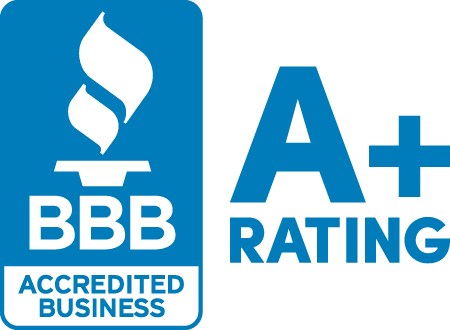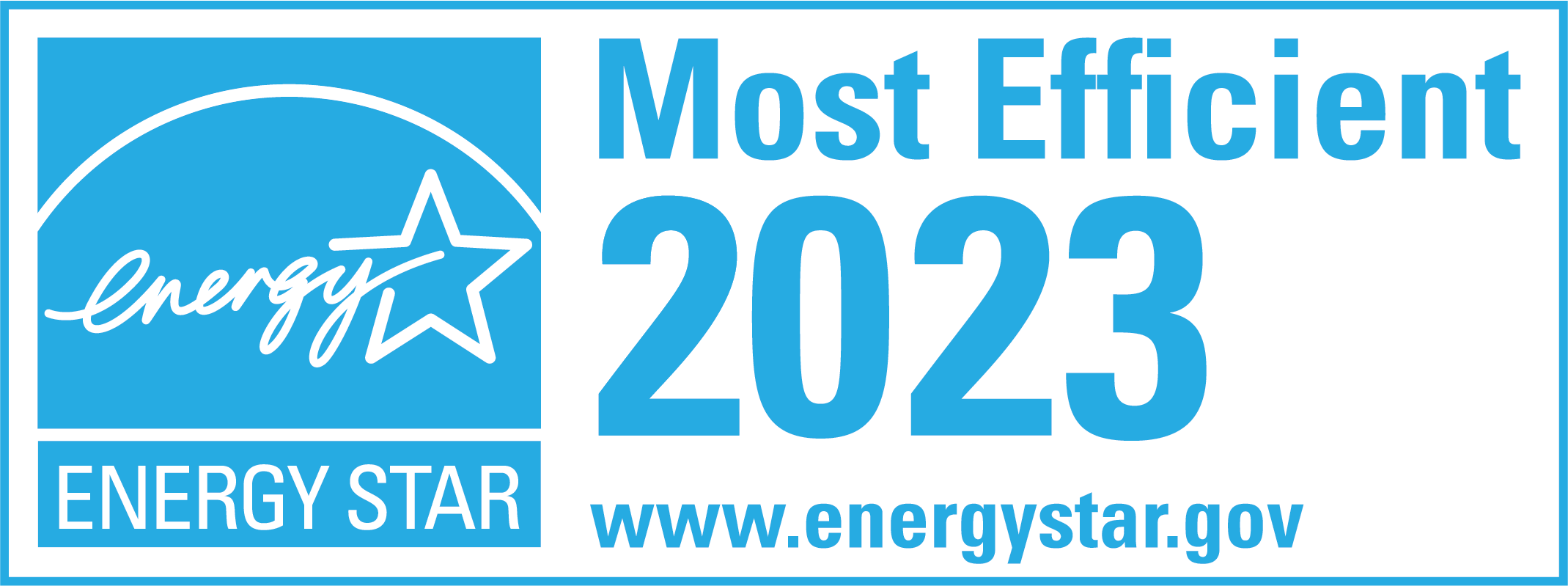During the course of a home improvement project, misunderstandings can sometimes arise between the contractor and the homeowner. Between the materials purchased, the project timeline, the warranty and all the other details of the job, it’s not uncommon for the occasional miscommunication to occur.

What’s important is how the client and contractor deal with the issue together. In general, when the client and contractor are able to establish good working relationship, they will be able to talk through conflicts and misunderstandings in a smooth, respectful and objective manner. Furthermore, a good partnership will also help prevent issues, as things can be discussed and clarified before a misunderstanding arises in the first place.
In this post, trusted roofing company in Fostoria, OH, Clear Choice Exteriors Findlay, shares tips on how clients can build and foster a great working relationship with their contractor to ensure a smooth, conflict-free process.
1. Establish good communication.
A good client-contractor relationship starts with and revolves around good communication. After all, how else can you discuss ideas and concerns related to the project if you don’t communicate properly? To establish and maintain good communication with your contractor, here’s what you can do:
-
Ask the contractor what is their preferred manner of communication. Are they amenable to phone calls or would they prefer to talk on-site? In turn, your contractor should also respect your wishes regarding the mode of communication.
-
If you’re staying somewhere else during the project, make it a point to check on the crew once in a while to check on progress and talk to the team.
-
Ask the contractor if they’re amenable to having you meet with the project manager on a pre-agreed schedule.
It would be best if you could talk to the project manager at least once a day. This helps both of you establish rapport, which will make it easier to address concerns should the need arise.
2. Be clear about what you want.
When the homeowner keeps changing their mind, it can create confusion for the contractor, which can lead to misunderstandings. For example, if you’re hiring a contractor for a door replacement service in Fostoria, OH, you need to make a firm decision about what type of door you want installed before the work begins. While you shouldn’t make a decision before you’re ready, you also shouldn’t commit to a product only to change your mind once work is underway, as this can lead to delays and other issues.
To make sure that everything flows smoothly, finalize your decision before materials are ordered and work begins. Your contractor will encourage you to take your time choosing and will be happy to help you shortlist options according to your preferences. The key here is to reduce the risk of needing to make changes once the project is underway.

3. Learn about your project.
Ask your contractor questions and do some research to find out exactly what the project entails. Being informed about the job will allow you to have a better understanding of how the work is progressing. This will also give you peace of mind that your contractor knows what they’re doing. You will free yourself from worry once you notice that the crew is working according to standards.
Furthermore, if you are aware of your project’s timeline, you can confidently ask for updates according to the set schedule. You’ll have an idea at what point in the project various milestones should be met. By knowing what your project entails, you will know what to ask and when to ask it.
4. Follow the contract.
When you work with a contractor, there will be a contract. Before both parties sign it, make sure that everything is clear and reflects your wishes. The budget, materials, products, timeline and scope of work, among other details indicated in the contract, should be exactly what you and your contractor have already agreed upon verbally.
Then, once the work starts, both client and contractor should follow the scheduled outlined in the contract. The contractor should follow the timeline, and the client should follow the agreed-upon payment schedule. Issues in home improvement project usually arise when the contract is not properly followed, so both parties need to work to prevent this from happening.

5. Be approachable and accessible.
Communication is vital in maintaining an effective client-contractor relationship. For major remodels where you have to move to a temporary accommodation, it’s understandable if you’re not always on-site. The same goes for days when you have to leave the contractors while you go to work. You need to make sure that you provide them a way to reach you in case they need to update you or consult you about something.
Furthermore, you should give an impression that you are approachable. You don’t want the crew to feel timid about calling you with any updates, questions or concerns that might arise.

7. Express feedback constructively.
So you noticed something that isn’t according to plan or your taste. As a customer, you have every right to ask the contractor or the project manager about what’s going on and give your feedback. Doing so in a constructive manner is the most effective way to ensure your concerns are heard and that a viable solution is implemented.
8. Give them honest feedback and refer them to others.
You can reward your contractor for a job well done by posting honest feedback and reviews about them. Your nice words will encourage them to keep on doing a great job, too. Your review will also help them acquire new clients. Another way to help your contractor is to refer them to family, friends and neighbors who might be looking for a reliable contractor for roof replacement or home window installation in Fostoria, OH. Building a great relationship with your contractor makes for a less stressful home improvement experience.

















